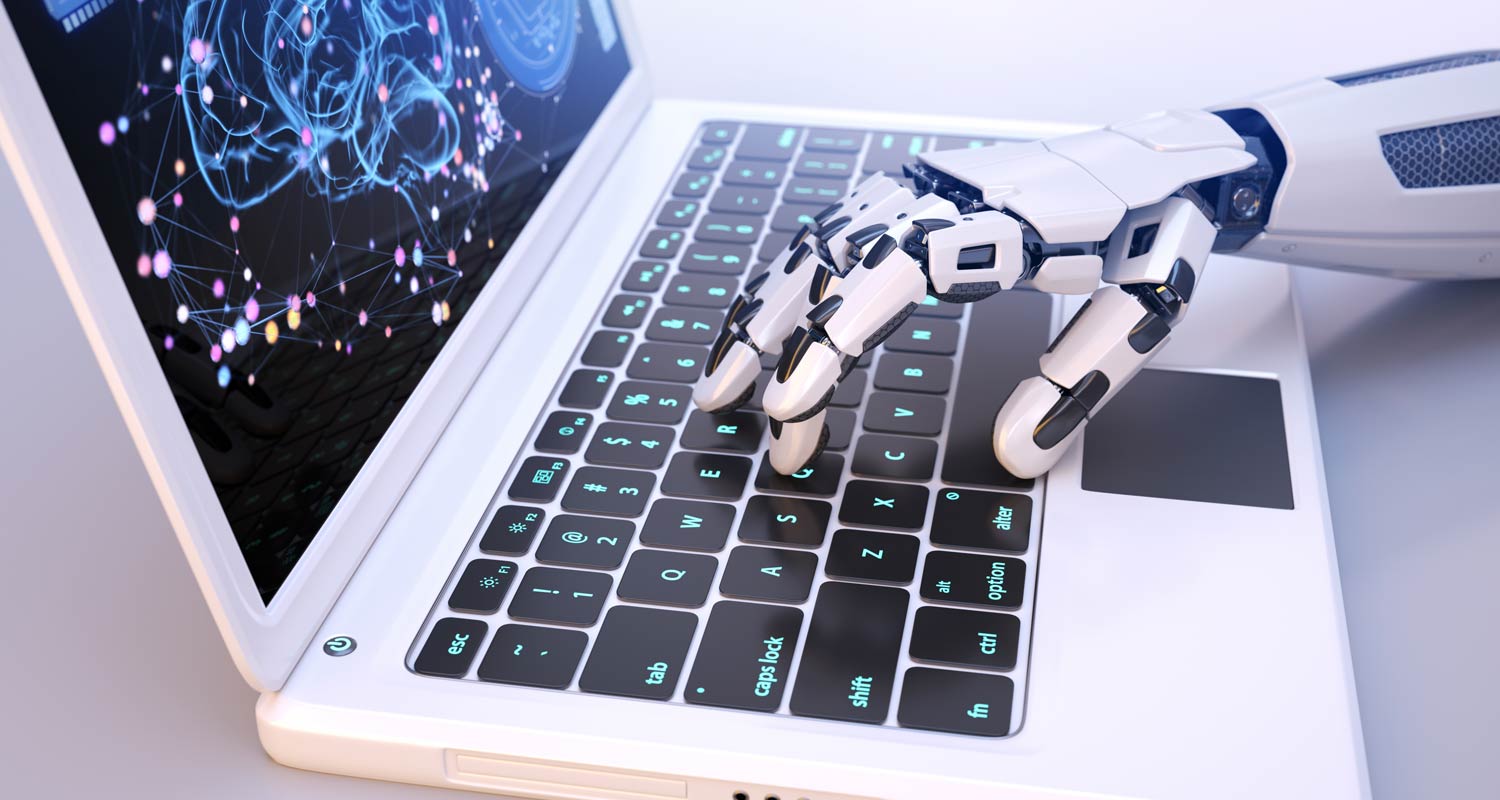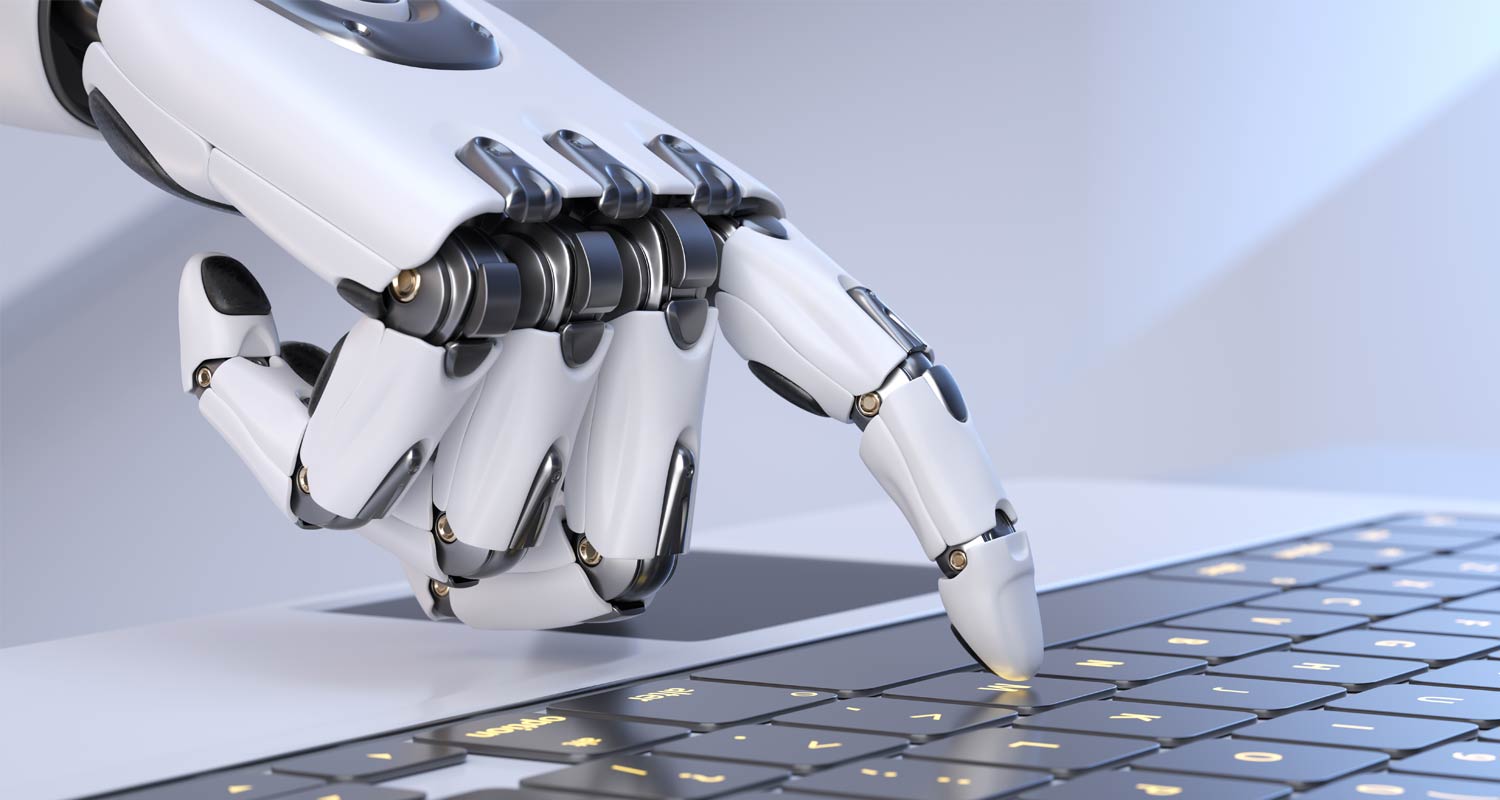 Artificial intelligence holds far-reaching consequences for modern economies. Many of the jobs we are asked to do will change; a lot of them might disappear altogether. Facing this existential upheaval, experts advise that smart AI regulation will be needed — well, who could object to smart regulation? But the forms it should take, its methods and even its purposes, are unclear.
Artificial intelligence holds far-reaching consequences for modern economies. Many of the jobs we are asked to do will change; a lot of them might disappear altogether. Facing this existential upheaval, experts advise that smart AI regulation will be needed — well, who could object to smart regulation? But the forms it should take, its methods and even its purposes, are unclear.
A good start might be to frame the problem more carefully. Easier said than done, perhaps, because AI is in many respects not technological progress as usual. Even so, earlier technological revolutions have relevant lessons. One worth pondering concerns the so-called “lump of labour”.
The lump-of-labour fallacy is surely the most thoroughly debunked — yet most impressively tenacious — misconception in economics. The idea is that there’s only so much work to go around. If a faster, cheaper way of doing this fixed quantity of work arises, jobs must disappear. Machines are therefore a threat. Mechanised farming laid waste to agricultural labour, factory automation destroyed manufacturing employment, and now AI is coming for service sector workers. Just as before, the result will be mass unemployment and, for swathes of the labour force, lower wages and collapsing living standards.
Except that this last part has always turned out to be wrong. These epochal economic transformations did cause unemployment. Jobs disappeared, workers were displaced and victims had to bear real costs. But aggregate employment kept growing and living standards soared. Why? Because far from being fixed, the quantity of work needing to be done proved to be infinitely expandable.
The same will be true of AI. There are two main paths to higher employment after this kind of innovation. The most appealing possibility is that AI helps firms to sell more. The technology makes their workers more productive, but their business grows faster than their workers’ productivity, so they end up hiring more people. Unlikely, you think? Consider what might prove to be the more typical case — firms make more money simply by replacing workers with AI. That decrease in jobs might still be matched by freshly minted tasks in other firms selling new, possibly AI-enabled, goods and services.
Innovation
Put simply, technology doesn’t just change the economy’s supply side; it also creates new demand. The innovation that transformed farming and manufacturing created markets for entirely new products, adding to the amount of work needing to be done. Many of those products would have been difficult even to imagine a decade or two before they came to market. Twenty years ago I never thought I’d need a supercomputer in my pocket. Many of the services that this technology has enabled were equally hard to foresee. Today, countless people are well paid and overworked producing goods and services I never knew I’d want.
Indeed, in many sectors of the economy, the demand for new work isn’t constrained by what we might want or need. Seen in this light, it’s almost encouraging that Yale University, for instance, is said to have almost as many “managerial and professional” administrators on its payroll as undergraduates. That’s a truly impressive amount of work being done. But why stop at one-for-one? Maybe after a few more years Yale will end up with two administrators for every student, all of them working hard (no doubt using AI) to do whatever it is they do.
Read: AI is going open source
This way of thinking suggests a couple of policy prescriptions. One is to be cautious about proposals to direct innovation to support the creation of new tasks as opposed to merely automating existing ones out of existence. Many of the tasks we might want or need are impossible to predict; mere automation, at one or more removes, is itself capable of creating new demand and hence new work. In general, we should welcome and encourage innovation, not fear it; even if it’s “labour-saving” in the short term, it’s likely to raise wages and living standards in due course.
 Second, the main economic challenge posed by AI is not how to avoid persistent mass unemployment; it’s how to ease the effects of dislocation. This argues for a stronger safety net, wider participation in the ownership of capital, fewer frictions in labour markets (pointless occupational licensing is top of that list) and fresh attention to vocational training. If these seem like standard neoliberal remedies, that’s because they are. They’ve fallen short in the past not because they’re ill-suited to the role, but because they’ve been too meekly applied.
Second, the main economic challenge posed by AI is not how to avoid persistent mass unemployment; it’s how to ease the effects of dislocation. This argues for a stronger safety net, wider participation in the ownership of capital, fewer frictions in labour markets (pointless occupational licensing is top of that list) and fresh attention to vocational training. If these seem like standard neoliberal remedies, that’s because they are. They’ve fallen short in the past not because they’re ill-suited to the role, but because they’ve been too meekly applied.
Because a wide range of service industries promise to quickly adopt AI, the danger of wrenching dislocation is real. More than its predecessors, the technology could induce both rapid and continuous reallocation of work. This ought to put educational innovation front and centre. One set of skills acquired early on will no longer come close to being adequate. AI may oblige people to think in terms of multiple careers over their working lives. Education systems are only just starting to adapt. As they do, AI might help.
Read: Google opens access to Gemini in race to beat OpenAI
One innovation likely to be crucial if societies are to capitalise on this transition is “microcredentials”. These are modules of training that can be bundled into a “macro-credential” such as a degree; they can also denote specific vocational skills, and in that form lubricate mid- or late-career job-to-job mobility. In building out this idea of lifelong learning, companies and colleges will have to take the initiative, but public policy can promote and coordinate their efforts, improving accreditation and helping would-be students find the right offerings. The range of choices in the US is already vast — but completely bewildering. The European Commission and others are aiming for a more systematic and supportive approach; Singapore, predictably, seems to have taken this furthest.
Read: The top AI tools transforming software development
The challenges AI poses go far beyond the jobs market, but that domain is crucial. In this realm, at least, there’s more cause for optimism than alarm — and better policies could vastly improve the odds of success. — Clive Crook, (c) 2023 Bloomberg LP

